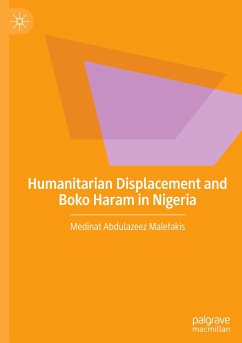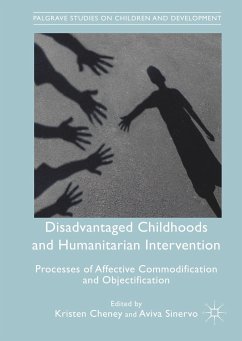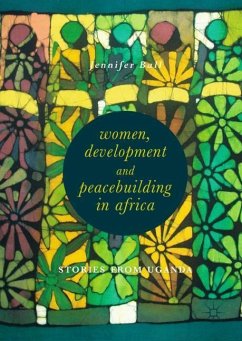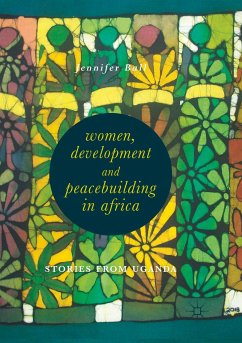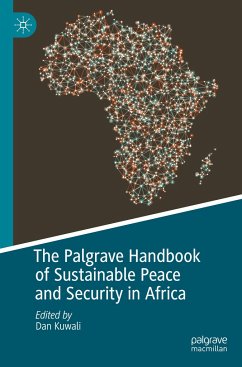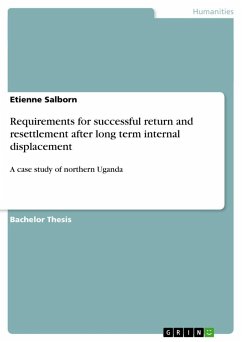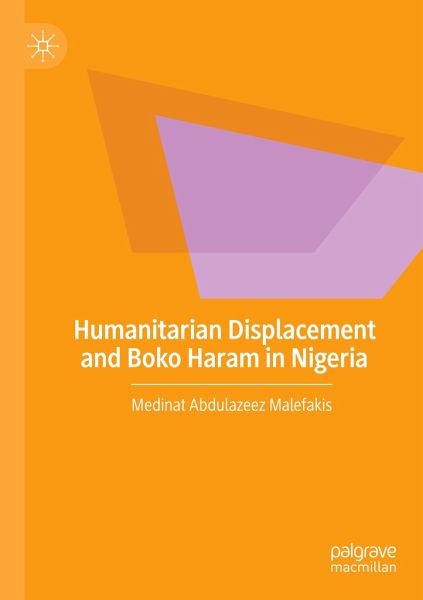
Humanitarian Displacement and Boko Haram in Nigeria
Versandkostenfrei!
Versandfertig in 6-10 Tagen
98,99 €
inkl. MwSt.
Weitere Ausgaben:

PAYBACK Punkte
49 °P sammeln!
The book analyses the management of the internal displacement caused by activities of Boko Haram's terrorist insurgence in Nigeria. With over 3.1m persons displaced, the humanitarian crisis is at teeter ends with acute malnourishment, inadequate wash and non-relief materials, improper hygiene facilities, and lack of access to basic relief aid for displaced persons. The array of humanitarian organisations belies the concrete living conditions of displaced persons and calls to question the huge resources assumed to be expended on managing the humanitarian crisis in the northeast of Nigeria and t...
The book analyses the management of the internal displacement caused by activities of Boko Haram's terrorist insurgence in Nigeria. With over 3.1m persons displaced, the humanitarian crisis is at teeter ends with acute malnourishment, inadequate wash and non-relief materials, improper hygiene facilities, and lack of access to basic relief aid for displaced persons. The array of humanitarian organisations belies the concrete living conditions of displaced persons and calls to question the huge resources assumed to be expended on managing the humanitarian crisis in the northeast of Nigeria and the Lake Chad Basin in general. Based on ethnographic research in IDP camps, the book chronicles the concrete living conditions of displaced persons and argues that IDPs in Northeastern Nigeria have been victimised first by Boko Haram's terrorism, and then victimised again by inefficient, un-coordinated, and unsuitable displacement management programs. This book also explicate the roles played by the Nigerian government and international aid agencies in managing this displacement, vis-à-vis a comparative analysis of similar, but better managed displacement situations in Kenya, Lebanon, and Turkey.





